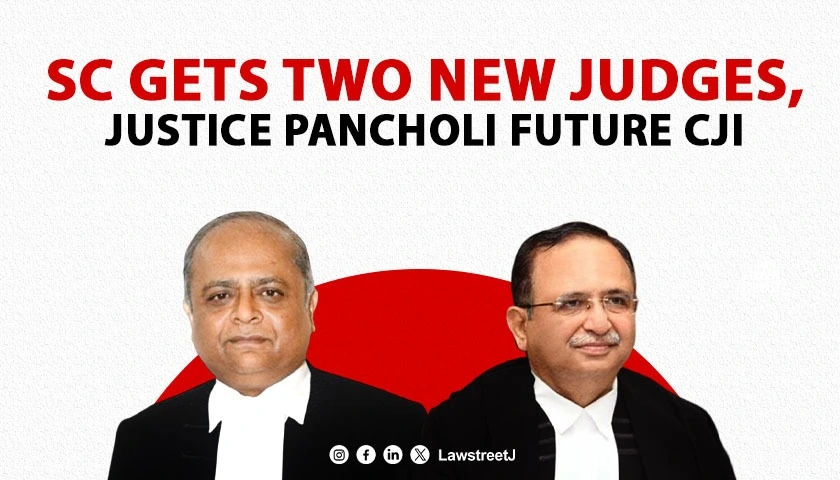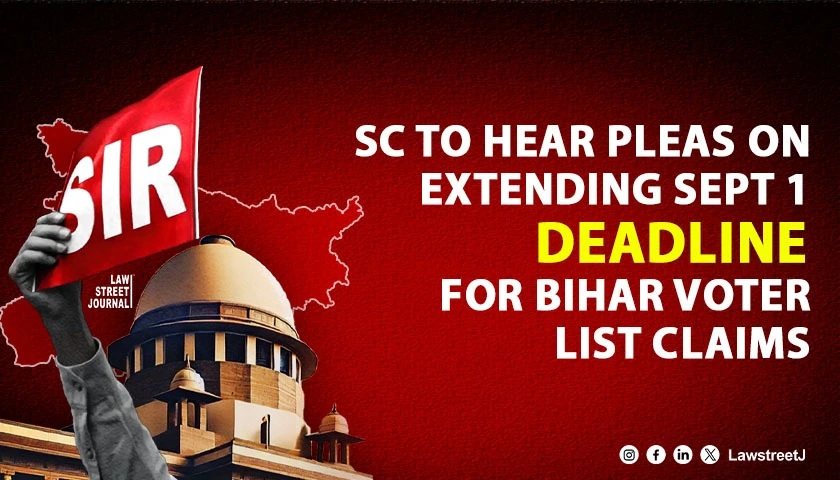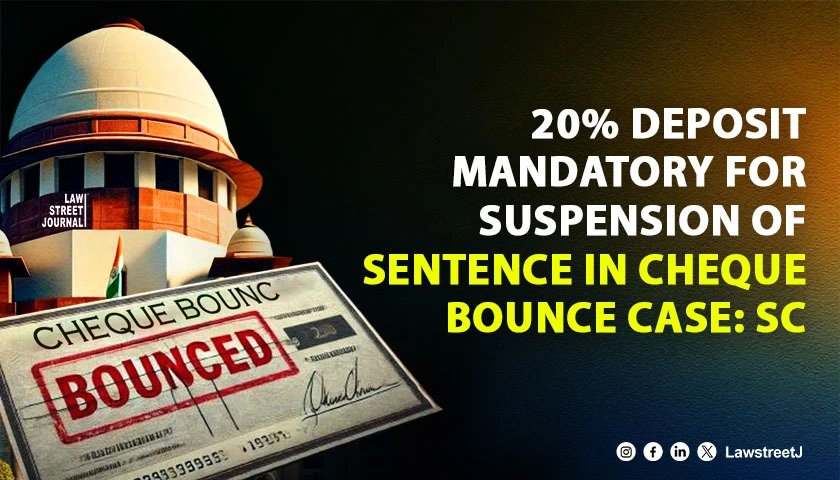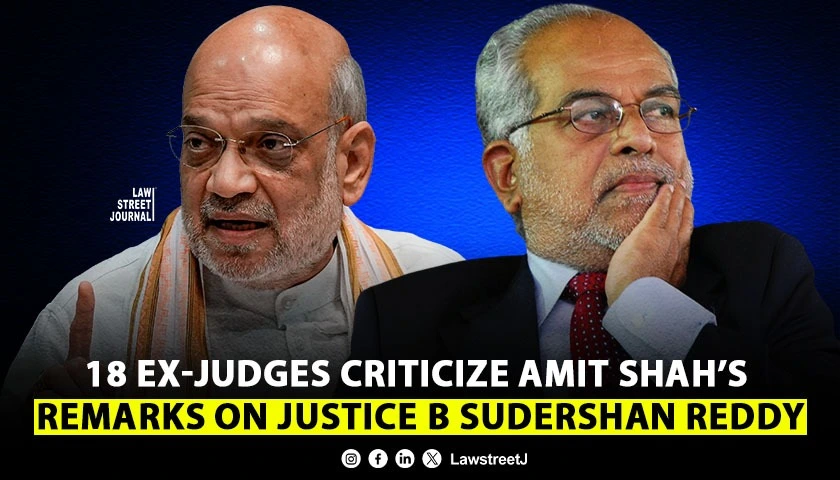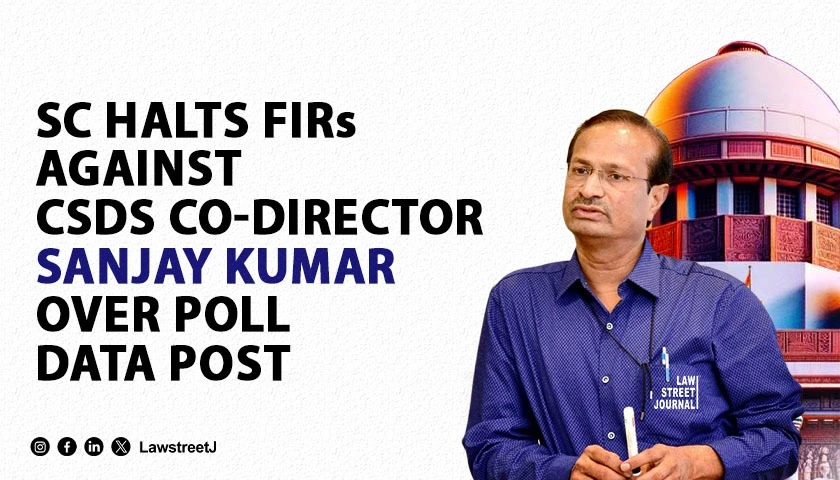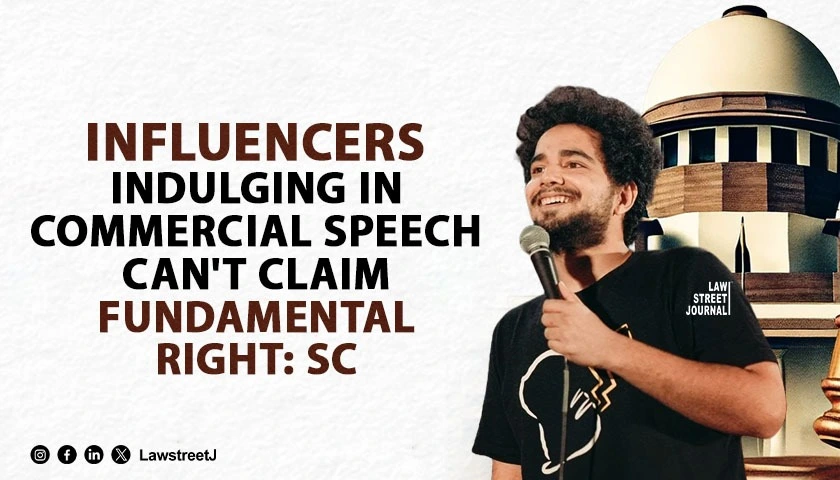NEW DELHI: The Punjab and Haryana High Court had quashed an FIR lodged against Delhi BJP leader Tejinder Pal Singh Bagga by the Punjab police for his statement against Delhi Chief Minister Chief Minister Arvind Kejriwal that he would not let the AAP convenor live until he apologised for his remarks on 'The Kashmir Files' that the film was full of lies.
The court declared Bagga's remarks --- Jeene nahi doonga -- against Delhi CM would not amount to hate speech.
"The purported statement of the petitioner is a protest against the statement made by the leader of AAP in power in Delhi and Punjab, where the BJP is in opposition. Being a political activist and an official spokesperson of a political party, as a shadow of the incumbent, it was well within his rights to make the people aware of the response of an opposite political leader. Democracy is all about informing the people and creating sentiments, and it would be an offence only if campaigning is full of hatred, or there is an involvement in malicious activities, or derogatory and vicious statements are made to gain political mileage," Justice Anoop Chitkara said.
The court invoked power under Section 482 of the Criminal Procedure Code to quash the FIR lodged by the AAP leader against Bagga on April 1 with Punjab State Cyber Crime Police Station SAS Nagar, Mohali.
It noted contention of Bagga that, the movie, The Kashmir Files, had exposed the genocide of a minority, i.e., Hindus, in Kashmir and he had on March 30 put forth his displeasure because the party in power did not accept his demand to make it tax-free.
The court said the continuation of criminal proceedings against the petitioner would amount to an abuse of the process of law.
It also said investigation of every tweet of the petitioner, Delhi BJP spokesperson would go against the principle of federal structure
"There is no allegation that the petitioner had posted such tweets by entering the State of Punjab, or any incident had taken place within its territories due to such tweet. Every post of the petitioner will not give territorial jurisdiction to the State of Punjab to investigate in the guise of the present FIR. Had the investigating agency of another State been given that much leverage, it would impact the federal structure under the Indian Constitution, where every State has the right to maintain law and order within its territorial boundaries," the court said.
It further noted even otherwise, a perusal of such tweets show that those are part of a political campaign.
"There is nothing in the investigation that the petitioners statement created or would have created any communal hatred. Thus, even if all the allegations made in the complaint and subsequent investigation from social media posts, are true and correct at face value, they would not amount to a hate speech, and no case against the petitioner is made out," the bench added.
The court noted that the petitioner had commented against Kejriwal on his alleged statement about the authenticity of genocide of Hindus, projected in the movie.
The petitioner reacted by saying in an interview Aaj jo unhone kaha hai uske liye unhe maafi mangni chaiye. Agar wo maafi nahi mangte to Bhartiya Janta Yuva Morcha ka ye Karyakarta unhe jine nahi dega. Hum sab tab tak apna pradarshan jaari rakhenge jab tak vo is desh ke hinduoon se maafi nahi maang lete, ye kehne ke liye ki es desh ke hinduoon ka narsanhaar hua tha Kashmir mein wo jhutha tha.
Bagga sought an apology from Kejriwal for his statement and further stated that in case he does not tender an apology, then this worker of BJP will not let him live, and they will continue their demonstrations till he apologises for saying that the genocide of Hindus committed in Kashmir was a lie.
"The phrase, Jeene nahi doonga cannot be seen independent of the entire statement made by the petitioner. The phrase precedes the petitioners warning of incessant protests, in case apology is not tendered. The contention that it was an act of criminal intimidation, a threat to kill, to a reasonable person is not conceivable if the statement is analysed and read in entirety. Further the context and the behavior, particularly criminal, is also a material factor in arriving at a conclusion in such situations. If a gangster, mafia, or a recidivist makes a statement that he will not let somebody live, the first probable reasonable assumption that is likely to be drawn is a threat to assassinate, however, an ordinary person, e.g., a nagging spouse or a disgruntled boss, makes such a statement in response to the doing or undoing of something, it would altogether have a different first impression. The petitioners statement did not seek an armed rebellion and was not a call to assault, the court noted.
Read Order


